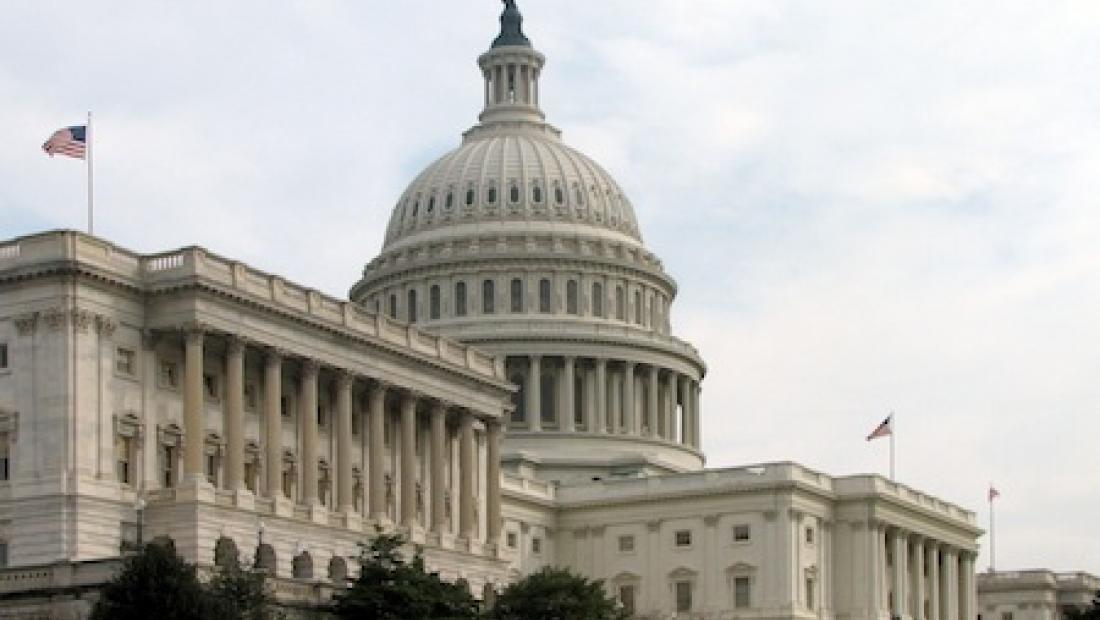House Judiciary Approves USA Liberty Act

The smarter way to stay on top of broadcasting and cable industry. Sign up below
You are now subscribed
Your newsletter sign-up was successful
The House Judiciary Committee has approved (27 to 8) the USA Liberty Act, which reforms as it reauthorizes Sec. 702 of the Foreign Intelligence Surveillance Act, which authorizes the surveillance of communications from non-U.S. residents. Next stop is a vote on the House floor.
But defeated (21 to 12) was an amendment its sponsors said would entirely close the "backdoor" loophole through which American's communications--if they are on the other end of that conversation with non-U.S. resident--can be viewed without a warrant.
A pair of legislators--Ted Poe (R-Tex.) and Zoe Lofgren (D-Calif.)--had proposed amending the bill to toughen protections against warrantless searches and seizures of e-mails and other online communications.
Poe and Lofgren had argued that the amendment would provide the necessary constitutional protections while giving intelligence authorities the ability to target terrorists and other overseas targets.
Congress has been trying for years to agree on the right balance of privacy protection and going after foreign threats to national security.
The Open Technology Institute had backed the amendment as a way to "expand the requirement that the government obtain a warrant before searching for Americans’ communications in databases containing Section 702 information so that it applies to all agencies and all searches."
It said Wednesday it hoped the amendment could be attacked when the bill goes to the floor.
The smarter way to stay on top of broadcasting and cable industry. Sign up below
“The House Judiciary Committee just approved a bill that contains a number of important reforms, including ending “abouts” collection and increasing transparency," said Robyn Greene, policy counsel and government affairs lead at OTI. "However, the bill only partially gets the job done on the key reform we’ve sought for years, and that the House has already overwhelmingly approved twice: closing the backdoor search loophole. The warrant requirement in the bill has exceptions that are so broad there is concern they could swallow the rule. As the House continues to debate this bill, members should focus on expanding and strengthening the requirement that the government obtain a warrant before searching Section 702 data for Americans’ communications.”
Contributing editor John Eggerton has been an editor and/or writer on media regulation, legislation and policy for over four decades, including covering the FCC, FTC, Congress, the major media trade associations, and the federal courts. In addition to Multichannel News and Broadcasting + Cable, his work has appeared in Radio World, TV Technology, TV Fax, This Week in Consumer Electronics, Variety and the Encyclopedia Britannica.

